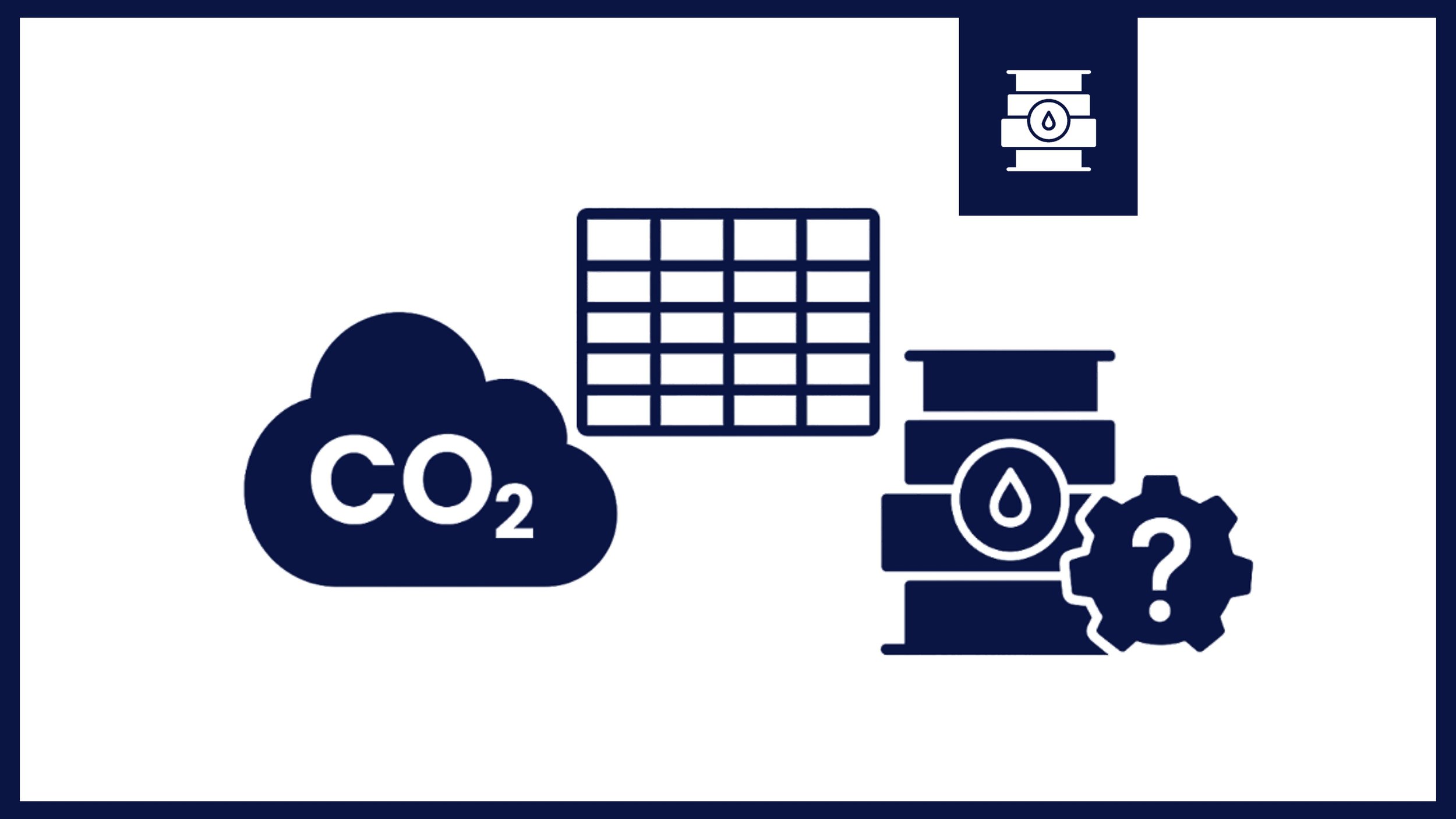Case studies | Find examples on decarbonization measures, costs and regulations to benchmark your business case
Emission Properties for EU ETS, FuelEU and IMO Net-Zero
Shipowners and operators face the challenge of navigating multiple regulatory frameworks - EU ETS, FuelEU Maritime, and IMO Net-Zero - each employing distinct methodologies and emission factors for assessing fuel emissions. This blog provides clear guidance on the differing emission factors and calculation methods employed by each regulatory framework.
Compliance costs per mT of fuel from 2025 until 2050
Accurate assessment of marine fuel costs is becoming increasingly critical as regulatory pressure grows, especially given the recently announced IMO Net-Zero Framework. This blog uses a VLSFO-equivalent cost model to evaluate the impact of FuelEU Maritime, EU ETS, and IMO Net-Zero regulations on a wide range of fuels. By comparing fossil, bio-based, and synthetic fuels under realistic scenarios, the analysis shows that compliance costs - driven by emissions penalties and carbon pricing - are expected to exceed fuel prices by 2030 for many options.
FuelEU and IMO Net-Zero Framework explained - Q&A with Normec Verifavia
This Q&A session explores the upcoming IMO Net-Zero Framework, featuring Rajat Bishnoi and Yuvraj Thakur from Normec Verifavia, an accredited verifier supporting shipowners with emissions reporting and regulatory compliance. They explain the new GHG Fuel Intensity and Fuel Standard requirements, compare them to FuelEU Maritime, and discuss penalties, registry systems, and practical implications for shipowners preparing for 2027–2028 enforcement.
IMO study finds maritime emissions could rise 50% by 2050
In IMO’s fourth greenhouse gas (GHG) study, a consortium headed by research establishment CE Delft has found that GHG emissions from global shipping are growing and are expected to continue to increase.




